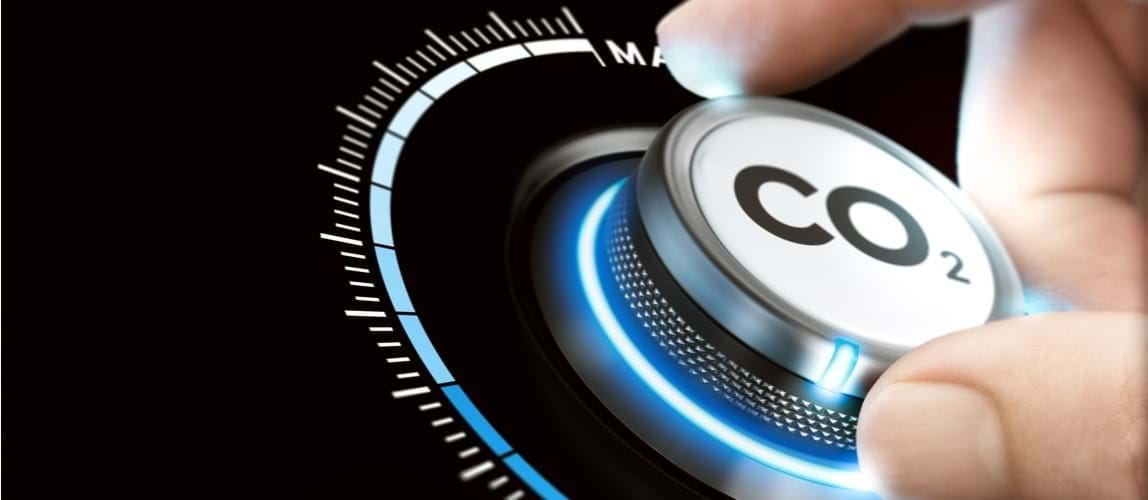Oil, Gas and Energy Transition
Webinar: Application and Modeling Approach for CO Emission Inferential for Boiler Optimisation

- Date From 26th August 2025
- Date To 26th August 2025
- Price Free of charge.
- Location Online: 17:45 MYT. Duration: 2 hours 15 minutes.
Overview
This webinar introduces how CO inferential is used in closed loop with boiler optimisation, to achieve energy efficiency and reduction in GHG emission (CO2), without violating CO limits in Clean Air regulations (CAR 2014). It will also briefly explain the chemistry behind combustion theory to balance formation of CO2 versus CO.
Building CO inferential using available process indicators as an alternative to CO analyser reading is proven to be viable with periodic updating using mobile CEMS or portable CEMS used for prediction emission monitoring system quarterly audits. The CO inferential model is used as a constraints variable on APC to prevent CO from exceeding regulatory limit while APC minimised boiler excess O2 trim controller set points and managing load balancing between boilers.
Various modelling techniques can used to development CO models among them are Multi Linear Regression (MLR), simple state space modelling, state space modelling with output log transformation, state space modelling with output piecewise transformation, Bounded Derivative Network (BDN) and deep learning modelling. The best models are selected from among the various modelling techniques and algorithm.
Speaker
Ir Cheryl Poo Hwei Ching, Principal Engineer Advanced Process Control, Petronas GTS
Cheryl is a principal engineer in the field of process control specialised in base layer control, Advanced Regulatory Control (ARC), Procedural Automation and Advanced Process Control (APC) at PETRONAS Group Technical Solution.
She has 22 years of experience in this field mainly working on various oil and gas processes such as Liquid Natural Gas (LNG), gas separation, petrochemical (urea, ammonia, methanol, polymer and olefins) including top side separation units at upstream platforms. She obtained her chartership with Board of Engineering Malaysia in 2022 and IChemE in 2016. She graduated with bachelor’s degree in chemical engineering from University of Technology PETRONAS.
She is currently actively involved in APC & ARC optimisation projects on boilers, acid gas removal units, reformers and distillation units from methanol, ammonia & ethylene plant. In addition, she is also the lead subject matters expert (SMEs) for operational technology OT cybersecurity matters converging with Information technology (IT) to ensure advanced control solution application and servers are secured groupwide.
The material presented has not been peer-reviewed. Any opinions are the presenter’s own and do not necessarily represent those of IChemE or the Oil Gas and Energy Transition Special Interest Group. The information is given in good faith but without any liability on the part of IChemE.
Webinar recording
Member-exclusive content
Become an IChemE member to enjoy full access to this content and a range of other membership benefits. If you are already a member, please log in.
Back to events